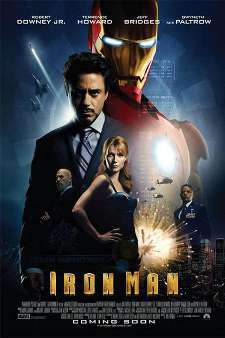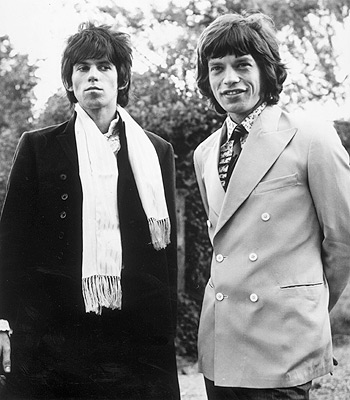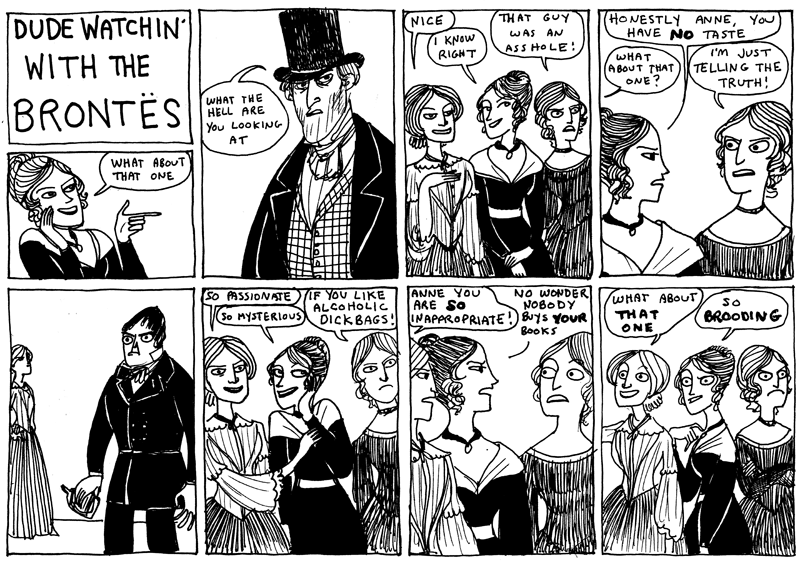This first ran at Madeloud.
________
 I received the Rolling Stone Album Guide, third edition, as a graduation gift from my brother, who knew well exactly what sort of obsessive I was. I probably looked at it every day, or at least every week, for a couple of years there. The book’s binding wasn’t meant to sustain that sort of long term attention, and it disintegrated. The book’s prose wasn’t either, and it more or less disintegrated as well — which is why I never need to read another word by critics Mark Coleman, J.D. Considine, Paul Evans, or David McGee, thanks. But for all its structural failings, the guide did introduce me to a ton of music I might never have known about otherwise, from the Soul Stirrers to Wanda Jackson to Stetsasonic to Bob Wills.
I received the Rolling Stone Album Guide, third edition, as a graduation gift from my brother, who knew well exactly what sort of obsessive I was. I probably looked at it every day, or at least every week, for a couple of years there. The book’s binding wasn’t meant to sustain that sort of long term attention, and it disintegrated. The book’s prose wasn’t either, and it more or less disintegrated as well — which is why I never need to read another word by critics Mark Coleman, J.D. Considine, Paul Evans, or David McGee, thanks. But for all its structural failings, the guide did introduce me to a ton of music I might never have known about otherwise, from the Soul Stirrers to Wanda Jackson to Stetsasonic to Bob Wills.
I haven’t looked at the book in a long time though. In the first place , the thing was published in 1993, so it’s seriously out of date. And in the second place — well, the Internet. Google, Wikipedia, Amazon, and MySpace, have rendered this sort of undertaking really redundant — even precious. “Oh, goodness,” you say as you flip through the pages, “they thought they were being so completist by including Charles Mingus and Kylie Minogue!” (And so brave for giving Mingus those five-star album ratings! Oh, congratulations, guys!)
Still, if the Album Guide isn’t exactly useful as reference anymore, it retains sentimental and historical interest. Consider, in 1993:
— Nirvana was a decent band peddling a poppier version of the “metal-edged punk” that typified Soundgarden and Soul Asylum. “At their best,” J.D. Considine says, Nirvana’s songs “typify the low-key passion of post-MTV youth.” Bleach (three-and-a-half stars) is faulted for relying on “metal riffage” as much as on “melodic invention,” while the poppier Nevermind gets four stars. Since Nirvana has not yet been named rock royalty, no one needs to trace its bloodline, and bands such as the Melvins and the Vaselines don’t exist.
— Paula Abdul is the musician with “the most successful debut in history”. That means she’s worth taking down a peg according to Paul Evans, who characterizes her singles as “aerobicized rhythm tracks and sex-chipmunk singing,” and concludes “this was Madonna-cloning at its most plastic,”. As if anyone gives a crap. Mariah Carey is about equally relevant and receives similar treatment (“ersatz soul music…breathtaking in its wrongheadedness”). Brandy, Monica, and Aaliyah haven’t released albums yet; TLC has, just barely, but isn’t important enough to get an entry.
— Sun Ra is great, but his music is mostly impossible to find. The guide lists and rates less than ten records, a fraction of those discussed on Wikipedia (which is in turn a fraction of his total output.)
— Eric B. and Rakim are solidly mediocre; their debut, “Paid in Full,” gets two stars; “Let the Rhythm Hit ‘Em” gets three-and-a-half. EPMD is dismissed even more summarily — they “too often play it safe” according to Evans. Tribe Called Quest and de la Soul do better, though neither Low End Theory or 3 Feet High and Rising receive the five stars awarded to Peter Gabriel’s So. On the other hand, everybody has already figured out that Public Enemy matters. N.W.A. too, though you get the sense that reviewer J.D. Considine rather wishes they didn’t..
— Johnny Cash is toiling away without much of an audience at Mercury records…though David McGee presciently notes that there’s still life in the singer yet. The 1988 Water from the Wells of Home is given 5 stars, which is probably the first and last time that this (very fine) recording would be considered a pinnacle of Cash’s career.
— Bruce Springsteen is humongously important. Way more important than the Pixies.
Of course, there are a lot of performers who looked pretty much the same in 1993 as they do in 2010 — even after the twelfth time their music has been repackaged, the Beatles are still the Beatles. But it is amazing, when you flip through this guide, to think how much the future influences the past, rather than the other way round. Where’s Bathory in this book? Where’s Judee Sill? From our perch, it’s easy to see that Kraftwerk should have more column inches than Lenny Kravitz, but from the offices of Rolling Stone in 1993 — hey, they probably hoped this electronica shit would just go away.
Instead, it was them who went away. Rock critics and rock criticism have proliferated like roaches and roach eggs, of course — and a 2004 edition of the Rolling Stone guide itself is still available, according to the internets. But the dream of a single, massive, authoritative critical touchstone is gone. An infinite number of monkeys could write a more perspicacious record guide . And so they have.





